|
I am a second-year master at Tianjin University, advised by Prof. Kai Song. 2020, I completed my B.S. at Tianjin University, majored in processing equipment and control engineering. Previously I studied at Carleton University as an exchange student, advised by Prof. Xin Wang and interned at UC Berkeley, advised by Prof. Peidong Yang. My research interests lie primarily in causality and deep learning. Currently, I mainly study the following topics: Bayesian network structure learning, and fault diagnosis with deep learning. I am also interested in the intersection between causality and deep learning (e.g., graph neural network). |

|
|
|
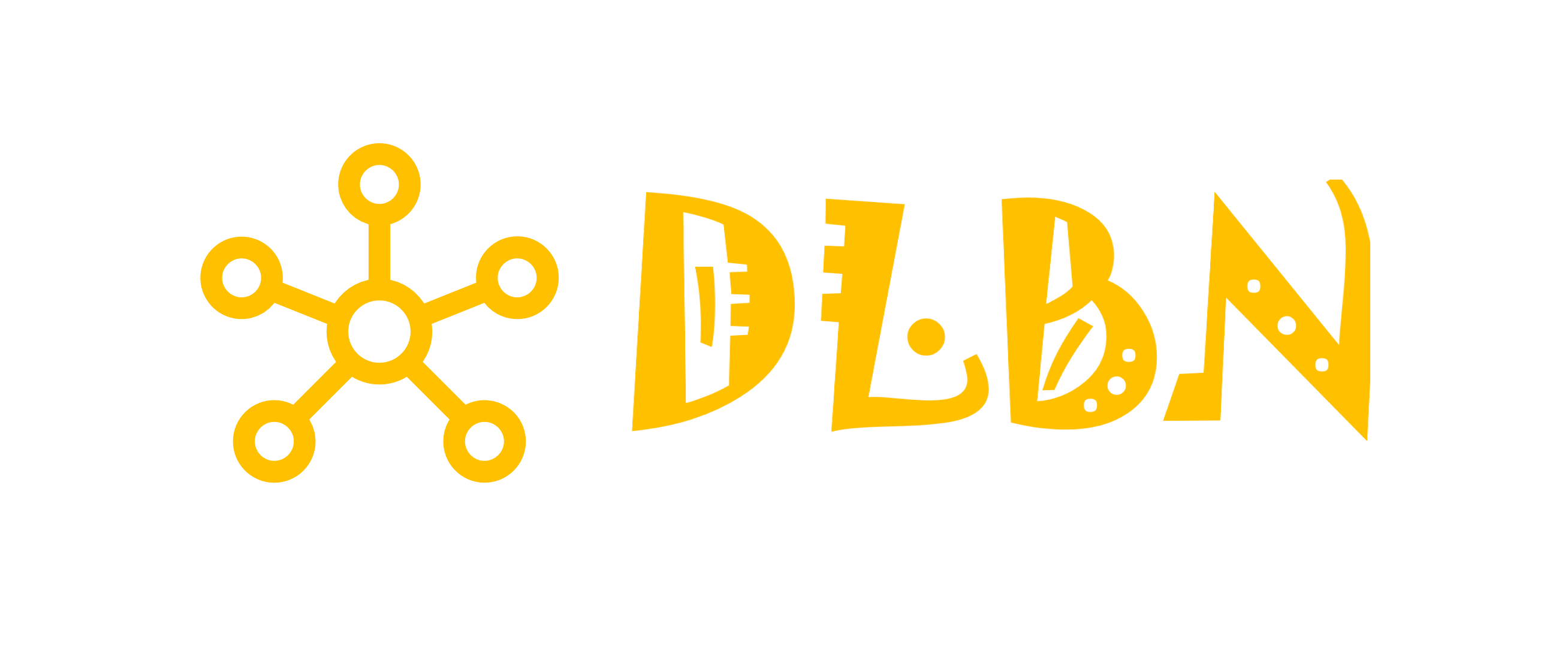
|
Open source project, 2021 Github / Document BNSL is a Bayesian network structure learning python package based on deep learning. This project is under active development, and any comments or suggestions are welcome. |
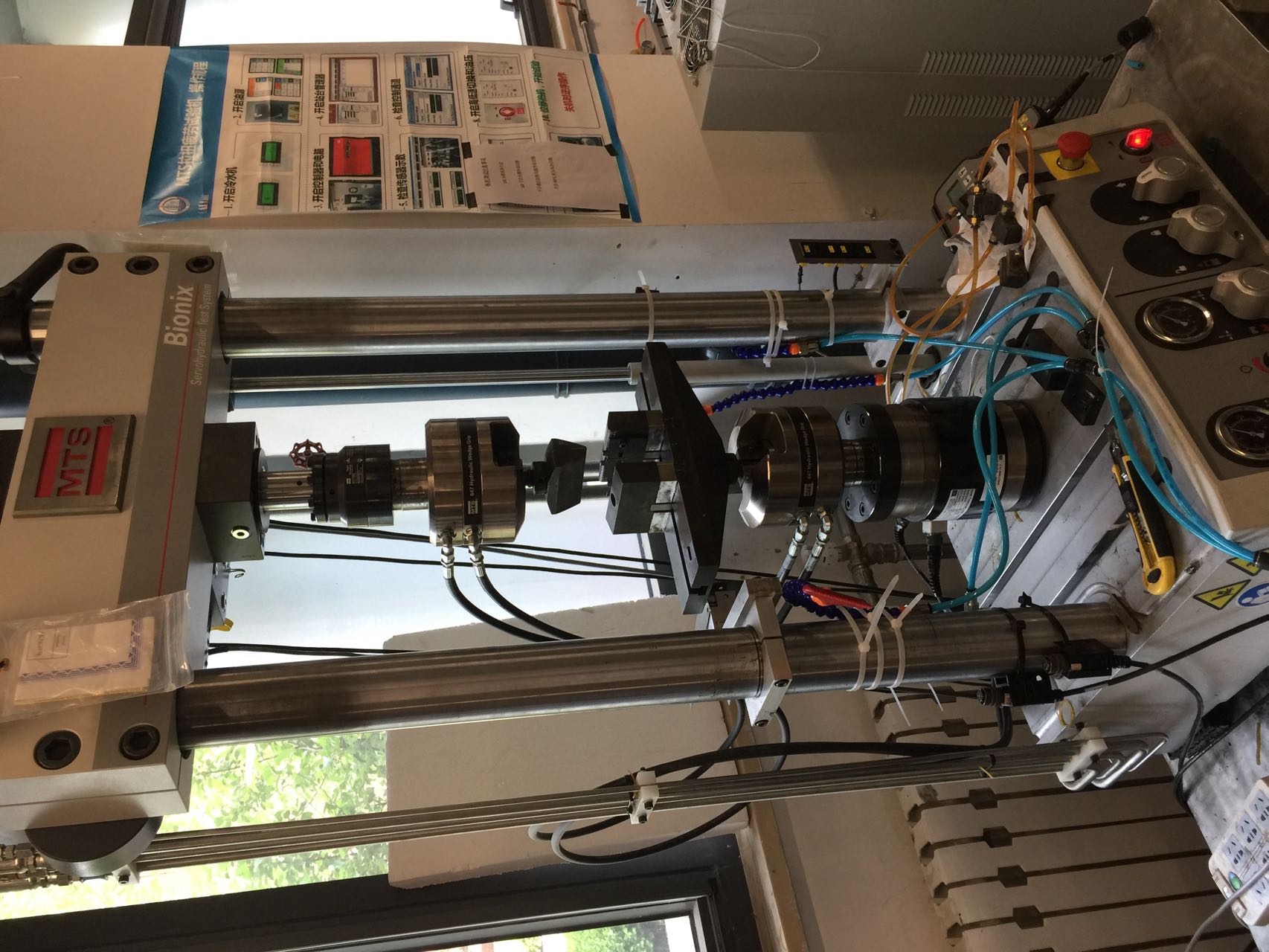
|
College Students' innovation and Entrepreneurship Project, 2017 Patent No. 2019210898103: A two-way extensometer calibrator based on angle micrometer. Chen Xu, Huang Hao, Wang Yating, Zhang Xiaojun, Zhu junxuan. Patent No. 2019210898071: A two-way extensometer calibrator based on angle sensor. Chen Xu, Wang Yating, Huang Hao, Zhu junxuan, Zhang Xiaojun. |
|
|
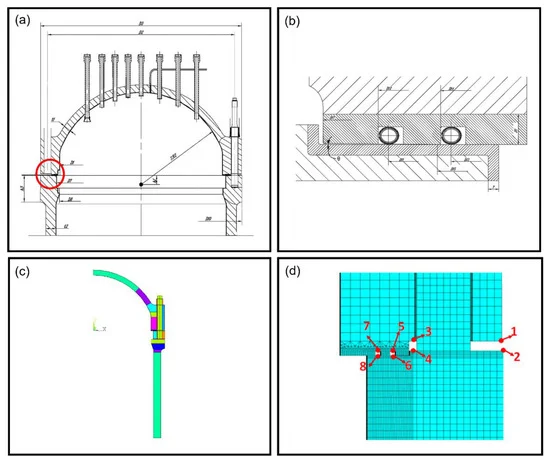
|
Hao Huang, Ying Luo, Caiming Liu, Yuanyuan Dong, Xiaoran Wei, Zhe Zhang, Xu Chen, Kai Song. Processes (2022 Impact Factor = 2.847) The sealing system performance of a nuclear reactor pressure vessel (RPV) under different working circumstances is vital to the safe operation of the whole nuclear process; however, the mechanism, and especially the relationship among highly related variables for it, has remained unclear. Therefore, a new inconsistent knowledge fused Bayesian network and weighted loss function (iBWL) method was proposed to identify key variables and estimate the reliability of an RPV sealing system. |
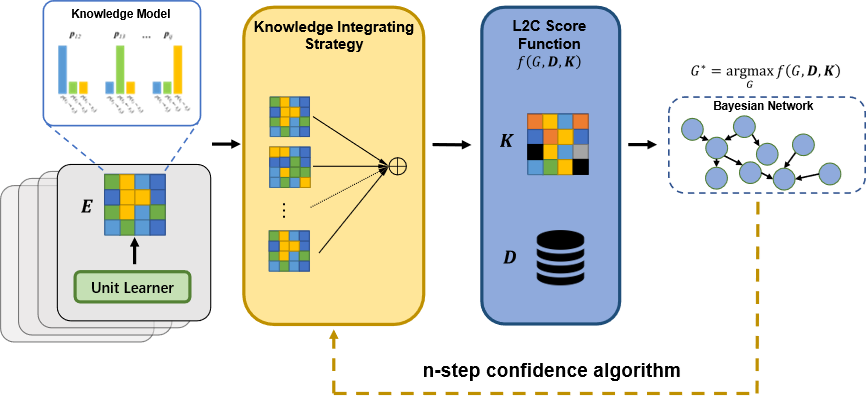
|
Hao Huang, Kai Song. In process, 2022 Bayesian network is an effective tool to reason causality under uncertainty. But its structure construction is a challenge, mainly because the number of candidate graphs increases super-exponentially with the number of variables. Most existing works focus on improving accuracy by reducing search space and optimizing search strategy. The main problems of them, however, are that they neither have sufficient accuracy and robustness nor cannot leverage the existing learning algorithms. This study reports an improved Bayesian network structure learning algorithm that can learn from other algorithms, named L2C algorithm. The accuracy, robustness, and learning ability are evaluated by two experiments. And they prove that L2C algorithm has outstanding accurate and robust performance and can effectively learn from other algorithms. |
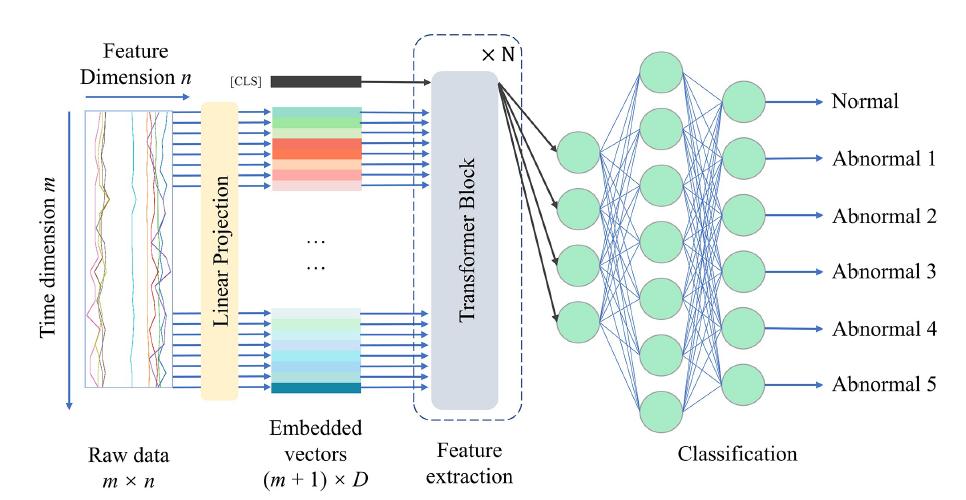
|
Yifan Tong, Kun Zhou, Hao Huang, Kai Song. Under review by IEEE Transactions on Industrial Informatics (2022 Impact Facotr = 10.215) In practice, limited by faulty sample size, the local receptive field mechanism of a convolution neural network (CNN) and the network iteration of recurrent neural network (RNN) make their performance barely satisfactory on the slow drift or periodic faults caused by corrosion, fatigue, and so on in complied chemical engineering processes. Therefore, a new Transformer-based FDD method is proposed to overcome aforementioned drawbacks by its global receptive field provided by self-attention mechanism. The applications on an R-22 producing process located in East China and on the Tennessee Eastman (TE) process showed superior performance over other typical deep learning methods. Increment on accuracies have even been made about IDV 9, 15 and other publicly acknowledged hard-to-diagnose faults of TE. The detailed discussion on varied network structures integrating convolutional layers and Transformer blocks as well as the hyperparameter optimization may be helpful to widen the subsequent studies about complex process systems. |
|
|
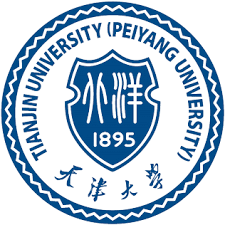 |
Aug. 2020 - Present, Tianjin University.
MS, chemical machine. Aug. 2016 - Jun. 2020, Tianjin University. BS, processing equipment & control engineering, GPA: 3.63 (4/49). |
 |
Sept. 2019 - Jan. 2020, Carleton University.
Exchange student, mechanical engineering. |
 |
Mar. 2019 - May. 2019, University of California, Berkeley.
Laboratory research, College of Chemistry. |
|
|
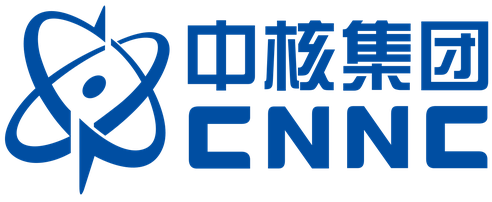 |
Jun. 2020 - Sept. 2020, Nuclear Power Institute of China.
Engineer assistant. |
|
Admitted by Tianjin University graduate school without examination. Selected into CSC (Chinese Scholarship Council) excellent undergraduate program. Prof. Xuhuai Ding chemical engineering scholarship, LG Bohai scholarship, and three good student scholarship of Tianjin University. |
|
I am writing my blog. I am practicing coding on LeetCode. I like Basketball. |
|
The template credits to Dr. Jon Barron. |